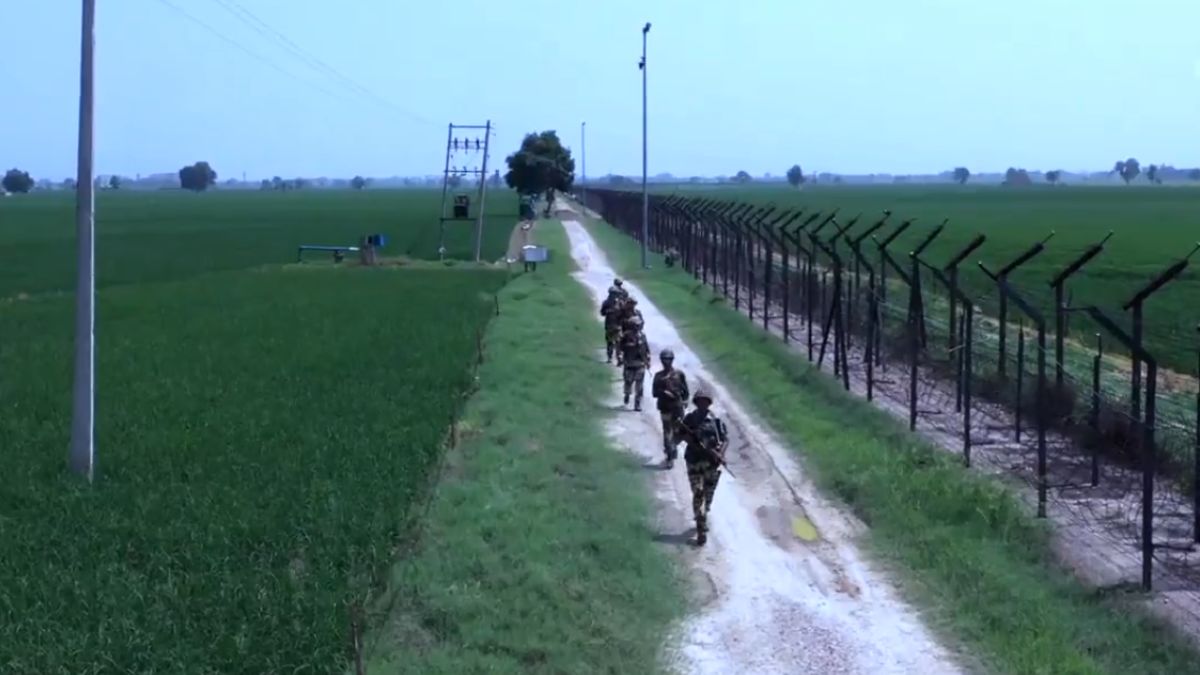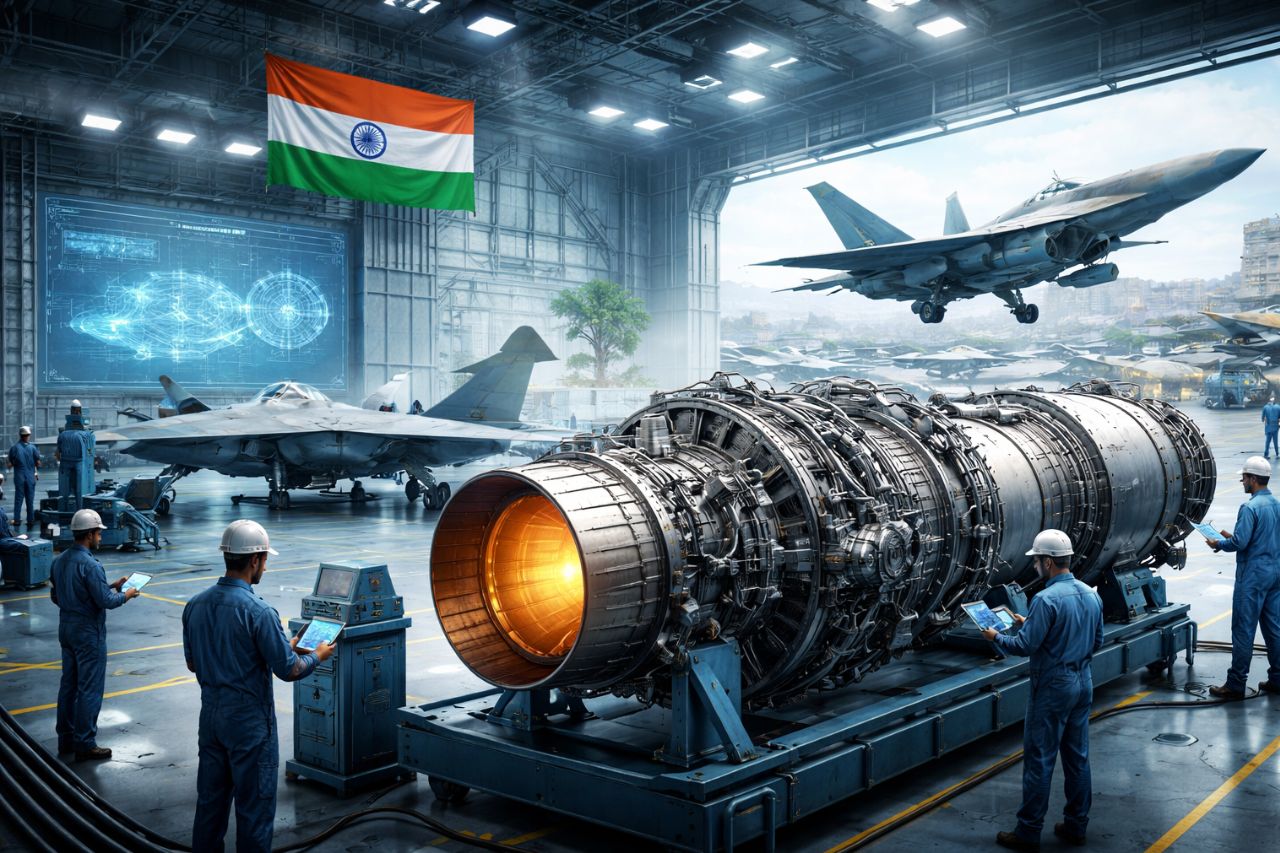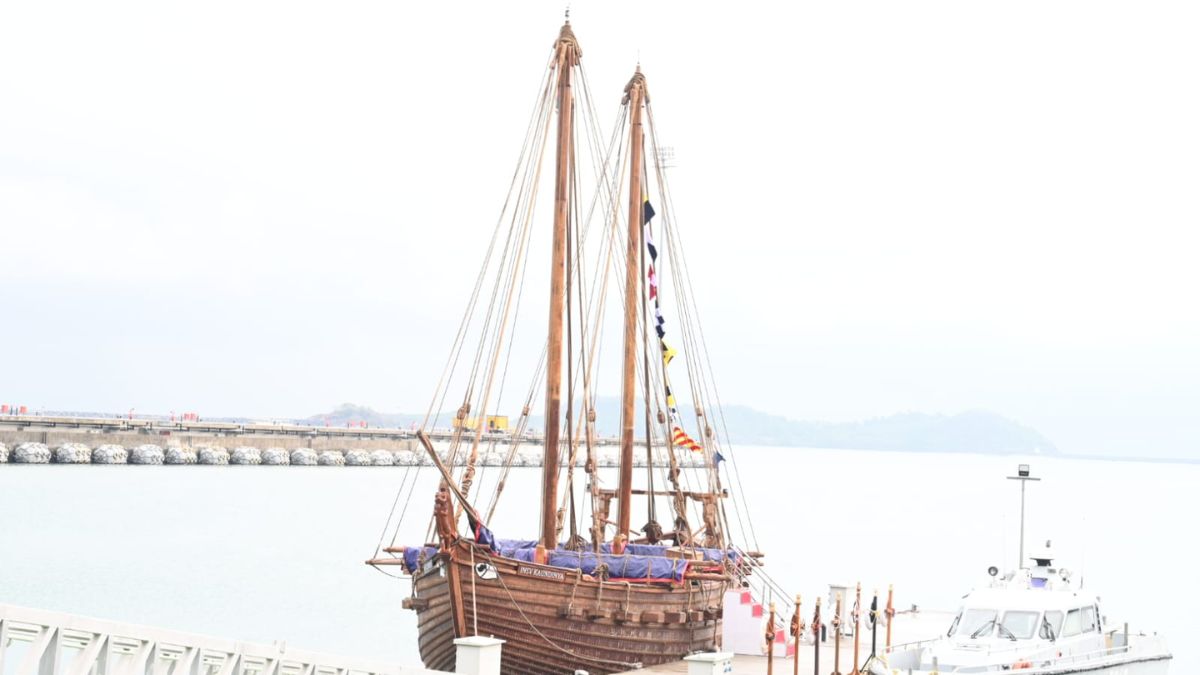India deepens maritime partnerships: NMF inks MoUs with Japan’s RIPS, Papua New Guinea’s Pacific RBS at IPRD 2025

The agreements knit India’s maritime policy community more tightly into allied and partner networks. Image courtesy: RNA
Two new cooperation agreements gave India’s flagship maritime forum fresh momentum on Wednesday (October 29, 2024). On the second day of the seventh Indo-Pacific Regional Dialogue (IPRD 2025) in New Delhi, the National Maritime Foundation (NMF) concluded memoranda of understanding with Japan’s Research Institute for Peace and Security (RIPS) and with Pacific RBS, a Port Moresby–based consultancy led by Commodore Peter Ilau.
Both arrangements anchor research, training, and capacity-building to the maritime challenges of the Indo-Pacific. NMF positioned the pair of MoUs as vehicles for exchanges of personnel, joint writing, shared perspectives on priority issues, and practical programmes that link scholarship with policy.
What do the MoUs cover?
The agreement with RIPS sets a framework for collaboration between two institutions with overlapping interests in maritime security. RIPS, established in 1978 and described as Japan’s oldest independent think-tank focused solely on security studies, analyses complex security issues in the Indo-Pacific and beyond to craft recommendations. Its president, Professor Hideshi Tokuchi, set the context by noting the institute’s long partnership with NMF and the intention to translate this MoU into sustained activity. He pointed to maritime security as a core academic interest for RIPS, adding that Japan’s status as a maritime nation with heavy dependence on sea trade makes this work fundamental.
Tokuchi linked the timing to the recently renewed Japan–India joint declaration on security cooperation, which he characterised as containing concrete items on maritime security. In his view, effective state-to-state cooperation needs an academic base; the MoU is expected to support that by enabling research, exchange, and co-development of ideas between RIPS and NMF.
Why is Papua New Guinea part of India’s Indo-Pacific calculus?
The second MoU brings NMF into partnership with Pacific RBS, a firm that provides consultancy and training in risk management, business development, governance, and maritime security across the Pacific Islands. Led by former Papua New Guinea Defence Force chief Commodore Peter Ilau, the organisation works to strengthen governance and operational resilience in the region. Ilau described the agreement as a bridge between vision and execution, aimed at building regional capacity, shaping maritime organisations for governments, and giving the Pacific a stronger collective voice in Indo-Pacific debates.
NMF Director-General Vice Admiral Pradeep Chauhan (Retd.) framed the PNG engagement as an early move in a competitive theatre where Australia and China are already active. He said NMF intends to build a substantive relationship with PNG and use it as a launchpad for wider South Pacific outreach, with multiple avenues of engagement across maritime domains.
How do these fit into Track 1.5 and Track 2 diplomacy?
Chauhan underlined the need for intensive interaction with Track 1.5 and Track 2 institutions—spaces where current officials, scholars, and former practitioners can exchange ideas outside formal government channels. He said the MoUs give structure to academic and policy guidance that official Track 1 bodies can consider. Tokuchi, for his part, indicated openness to academic exchanges, including the possibility of NMF fellows and students spending time in Japan, subject to future coordination.
Together, the agreements knit India’s maritime policy community more tightly into allied and partner networks. They are designed to produce joint research, training, and practical outputs that can inform—and be quickly taken up by—official processes in New Delhi, Tokyo, Port Moresby, and beyond.







